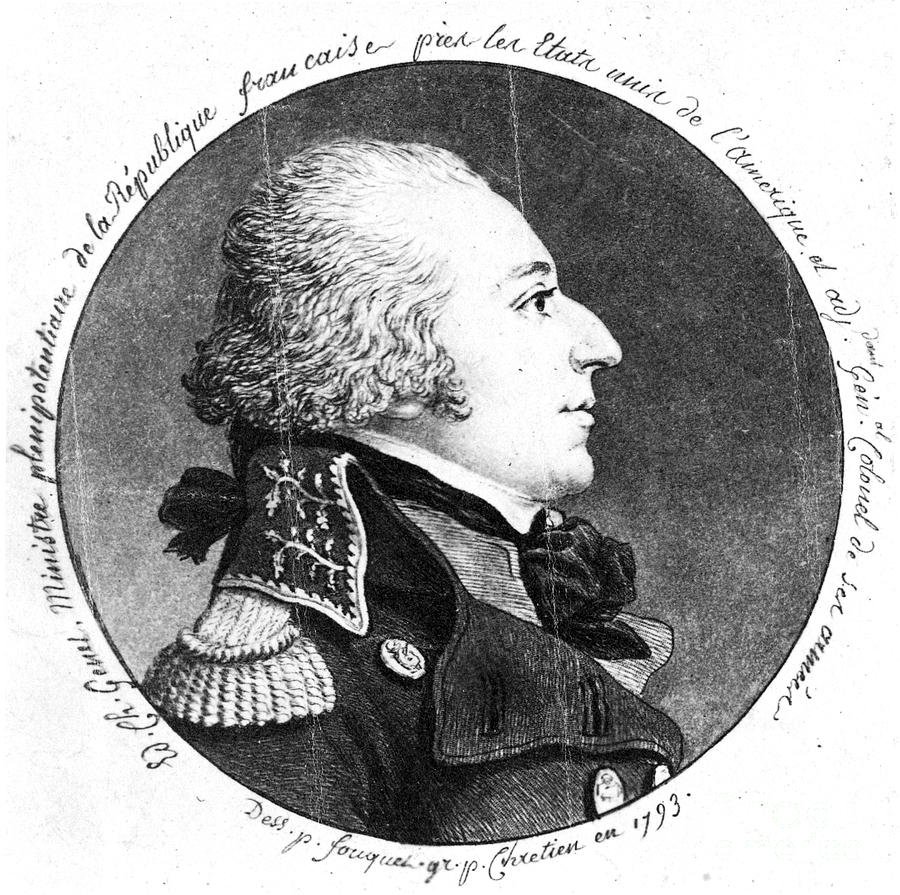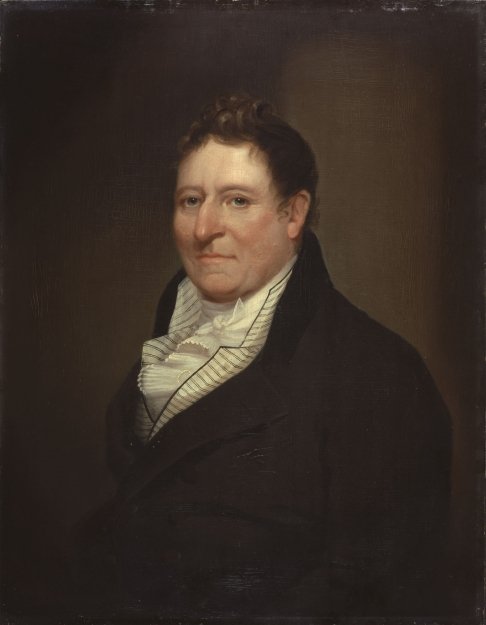
Historical Persons Who Appear in the Molly Chase Series
Boston
Major Thomas Melvill, Custom House surveyor, and Priscilla Scollay Melvill. Major Melvill plays a significant part in the Molly Chase series. I’ve drawn his character from what we know about him, and I know for a fact he was charged with watching the ports and thereby a collector of intelligence for the federal government. His role as the facilitator of an intelligencer ring, however, is my own fictional fancy. For more about Thomas Melvill, see this article.
Rev. Dr. Joseph Eckley, pastor of Old South Meeting House, and his wife. I haven’t found much about him beyond his name, and so both he and Mrs. Eckley are drawn from my own imagination.
Rev. Dr. William Walter, rector of Old North Church, and his wife. As with the Eckleys, I have yet to find information about Dr. and Mrs. Walter beyond their names.
Robert Newman, sexton of Old North Church. Mr. Newman hung the signal lanterns in Old North’s belfry (“one if by land, two if by sea”) for Paul Revere’s famous ride to Lexington and Concord.
Rev. Dr. (Fr.) François Matignon, pastor of Holy Cross Catholic Church. Fr. Matignon was a French refugee, recently arrived in Boston when In Pieces opens in 1793. The previous pastor, Fr. John Thayer, was a homegrown convert from Congregationalism, and as such discovered the truth of, “A prophet hath no honor in his own country.” Fr. Matignon, however, was much revered and beloved—so much so that he and architect Charles Bulfinch convinced Boston’s wealthiest to donate funds for a new Catholic church. (John Adams donated one hundred dollars!) While researching Fr. Matignon’s life, I happened to run across a facsimile of his obituary in the Boston Pilot, from the 1830s. It was glowing.
Rev. Dr. (Fr.) François Matignon.
General Benjamin Lincoln, Collector of Customs. He was George Washington’s second in command at Yorktown, and as such received Cornwallis’s sword of surrender. After the war he returned to his native Boston and was eventually appointed Collector.
Peale’s portrait of General Benjamin Lincoln.
James Lovell, Custom House naval officer. The son of Boston Latin School’s schoolmaster, he taught school up until the war. He was imprisoned but released on exchange. Afterward he represented Massachusetts at the Continental Congress, where he served on the intelligence committee as a talented cryptographer. Mr. Lovell wasn’t always politically savvy, however. During the war, he sided with General Horatio Gates against both Philip Schuyler (Alexander Hamilton’s father-in-law) and George Washington. He resigned from Congress after he landed himself in one sex scandal involving his landlady and another touching on Abigail Adams—he thought they might be more than friends, whereas she was Mrs. John Adams.
Philadelphia
Citizen Edmond-Charles Genêt, envoy of revolutionary France to the United States. What to say about Citizen Genêt…he was belligerent? Conceited? A huge revolutionary pain in the federal government’s side? The man nearly singlehandedly dragged the fledgling United States into the war between France and Britain despite President Washington’s declaration of neutrality. Fun times. Interestingly, after a shift in leadership, he was recalled to France, presumably to be guillotined. He petitioned the United States for asylum and remained here, eventually marrying the daughter of New York Governor George Clinton.
Citizen François Dupont, French consul at Philadelphia. I know his name but nothing otherwise.
President George Washington. You don’t need me to tell you who George Washington is. In Pieces opens during his second term as president.
Thomas Jefferson, who was Secretary of State at the opening of In Pieces. I’ve disliked old TJ for three decades, ever since visiting Monticello as an eighth grader, and therefore I had a grand old time writing him into my story. 😈
Alexander Hamilton, serving as Secretary of the Treasury at the opening of In Pieces. Hamilton intrigues me, as he does so many others.
General Henry Knox, Secretary of War and Boston born-and-bred. That Knox was a bookseller meant that he had to have known Josiah Robb’s late grandfather and Sarah Robb’s father, Reverend Cummings.
Edmund Randolph, Attorney General. He was an aide-de-camp to Washington during the war and afterwards was elected Governor of Virginia. He was appointed United States Attorney General in 1789 and was made Secretary of State in 1794 after Thomas Jefferson’s resignation. Randolph resigned in 1795 after British intelligence intercepted correspondence between him and the French, suggesting that he had leaked confidential information.
Inside Custom House
Featuring Molly Chase characters Benjamin Lincoln, James Lovell, and Thomas Melvill.
Hamilton for the Hoi Polloi
I watched Hamilton. I had thoughts.










